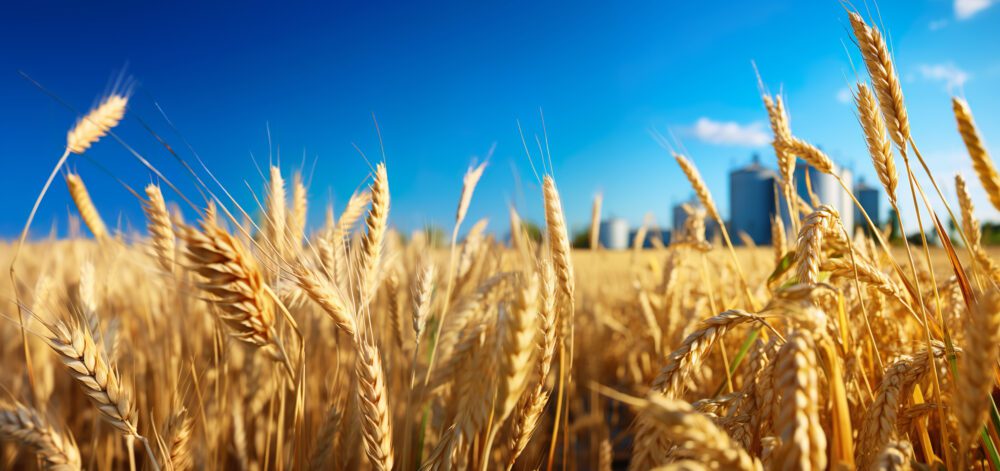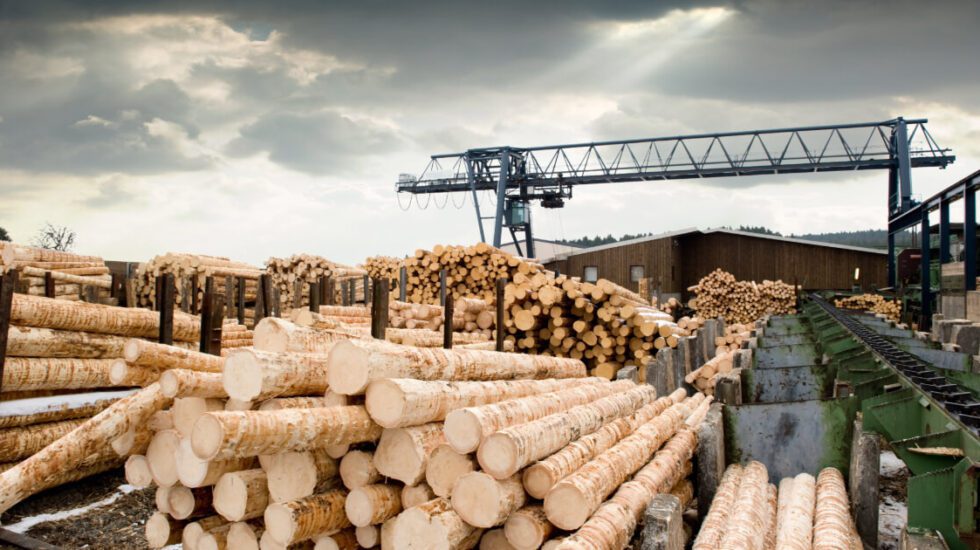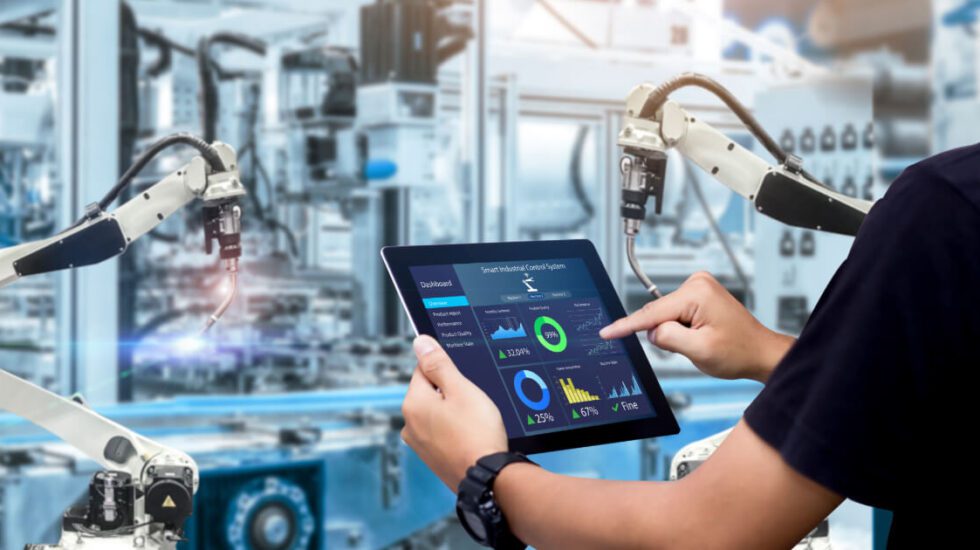The agricultural sector in Canada is at a crucial stage, standing on the edge of a technological revolution. Agri-Tech, or agricultural technology, is playing a central role in transforming farming practices, making them more efficient, sustainable, and profitable. As Canadian farmers and agricultural businesses navigate the challenges of the 21st century, such as climate change, population growth, and the need for sustainable practices, innovation has become not just beneficial but essential. The Scientific Research and Experimental Development (SR&ED) program is a testament to Canada’s commitment to fostering innovation, particularly in sectors like Agri-Tech where the potential for growth and improvement is substantial.
The SR&ED program, with its focus on research and development (R&D) within Canada, is crucial for the advancement of Agri-Tech. By providing tax incentives for companies engaging in R&D activities, the program supports efforts to overcome technological uncertainties. Here’s how this plays out in various areas of the Agri-Tech industry that you can potentially take advantage of:
Crop management and precision agriculture
Precision agriculture is a game-changer, harnessing cutting-edge technologies like drones and sensors to keep tabs on your crops in real-time. This means you can optimize crucial resources like water, fertilizer, and pest control, leading to healthier yields. Of course, developing these advanced systems takes a lot of research and testing to fine-tune data analysis algorithms, ensuring that decisions are not only accurate but also made quickly and efficiently.
Genetic engineering and crop improvement
It’s important to acknowledge the significant uncertainty that comes with this technological quest. The process of developing and testing new genetic modification techniques requires thorough experimentation. Modifying plant genetics to enhance crop yield, resistance to diseases, or adaptability to different environments are just a few examples. This involves moving from the laboratory to conducting field trials to understand how these modifications impact crop performance.
Food safety and traceability
Imagine having the power to easily track the origin and journey of your food items, guaranteeing their authenticity and safety. This vision is quickly becoming a reality, thanks to the integration of blockchain into our food safety measures.
This breakthrough is all about developing robust, efficient systems for managing data — a task that truly captures the essence of Scientific Research and Experimental Development (SR&ED). This is where innovation meets practicality head-on, promising a future where every bite you take is backed by a stamp of transparency and trust.
Climate change adaptation
As we face the growing challenges of the climate crisis, it’s more important than ever to find ways to make our agriculture resilient. This means taking a deep dive into understanding climate patterns, creating models to predict future changes, and innovating farming methods that can endure the ups and downs of our evolving climate. Our goal? To secure a stable food supply for generations to come, ensuring that no matter what the climate throws at us, we’re ready to adapt and thrive.
Sustainable agriculture and soil health
As we face environmental challenges, focusing on improving soil health and adopting sustainable farming practices has never been more critical. We’re exploring a range of techniques, including cover cropping and organic fertilization, to see how they can not only increase our yields but also help us take care of the planet. It’s all about finding ways to farm that support the earth, ensuring we can continue to grow food sustainably for years to come.
Livestock management and animal welfare
Advancements in sensor technologies and monitoring systems are setting new standards for animal welfare in livestock farming. The development of these technologies requires a careful balance of precision engineering and ethical considerations, aiming to improve the well-being of animals while optimizing farm operations.
Aquaculture innovation
When it comes to the aquaculture sector, exploring innovative solutions to enhance fish farming efficiency, from nutrition to water quality, is essential. This involves a concerted effort in R&D to devise new aquaculture systems that can sustainably meet the growing demand for fish protein.
Through the lens of SR&ED tax credit, each of these examples highlights the intersection of technological innovation and agricultural practice. The program not only supports businesses in overcoming the inherent uncertainties of R&D but also propels the Agri-Tech sector toward a future where technology and sustainability converge. As Canada continues to invest in Agri-Tech, the SR&ED program stands as a beacon of support, encouraging the exploration of uncharted territories in agriculture and fostering a culture of innovation that is poised to redefine the industry on a global scale.
Contact us today to find out if you are eligible!
Contact us today!
One of our experts will be in touch shortly.














No Comments